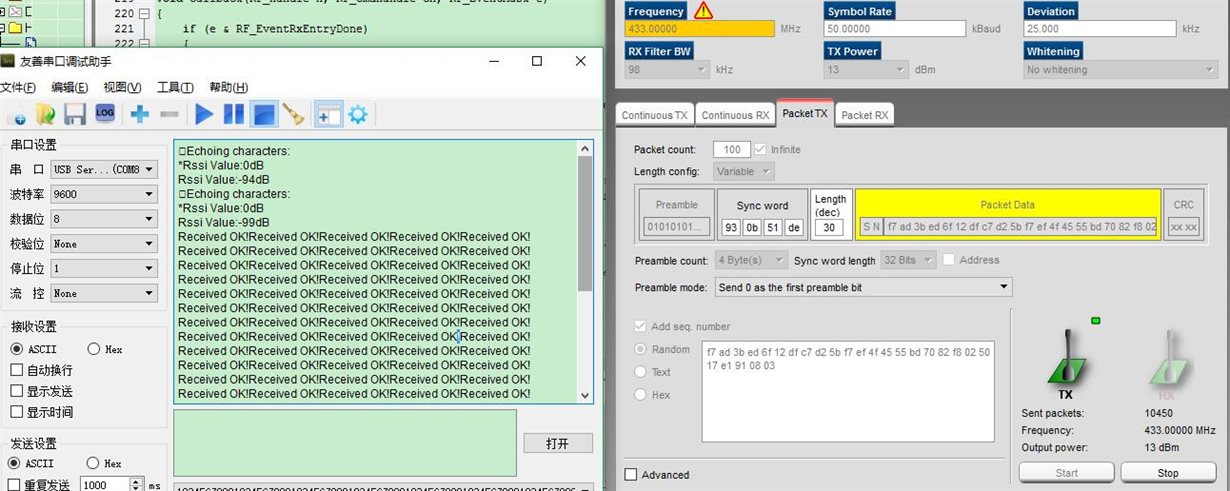I want to konw how to test RSSI(cc1310) use softe code .I don't want to use smartRFstdio,beacause it too Trouble.
-
Ask a related question
What is a related question?A related question is a question created from another question. When the related question is created, it will be automatically linked to the original question.



